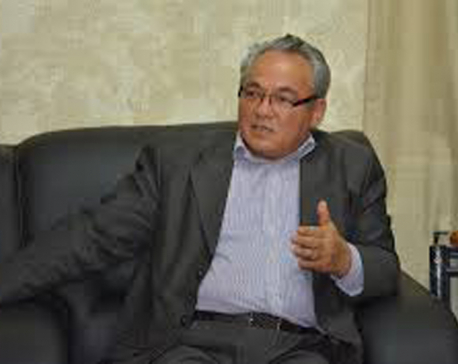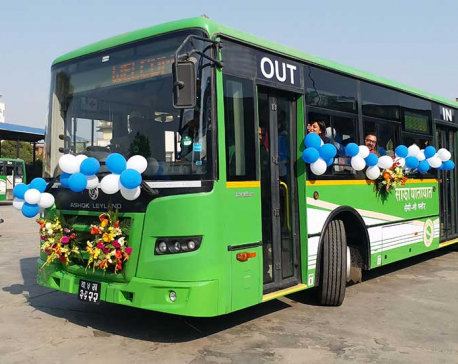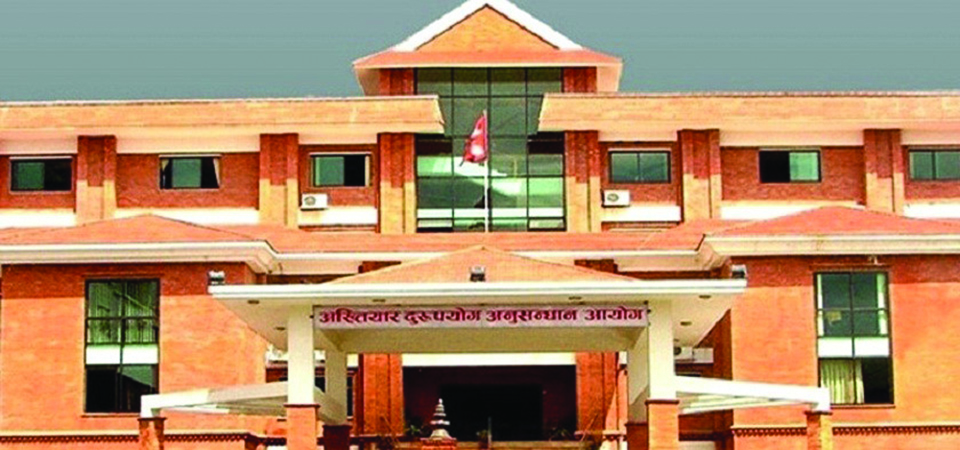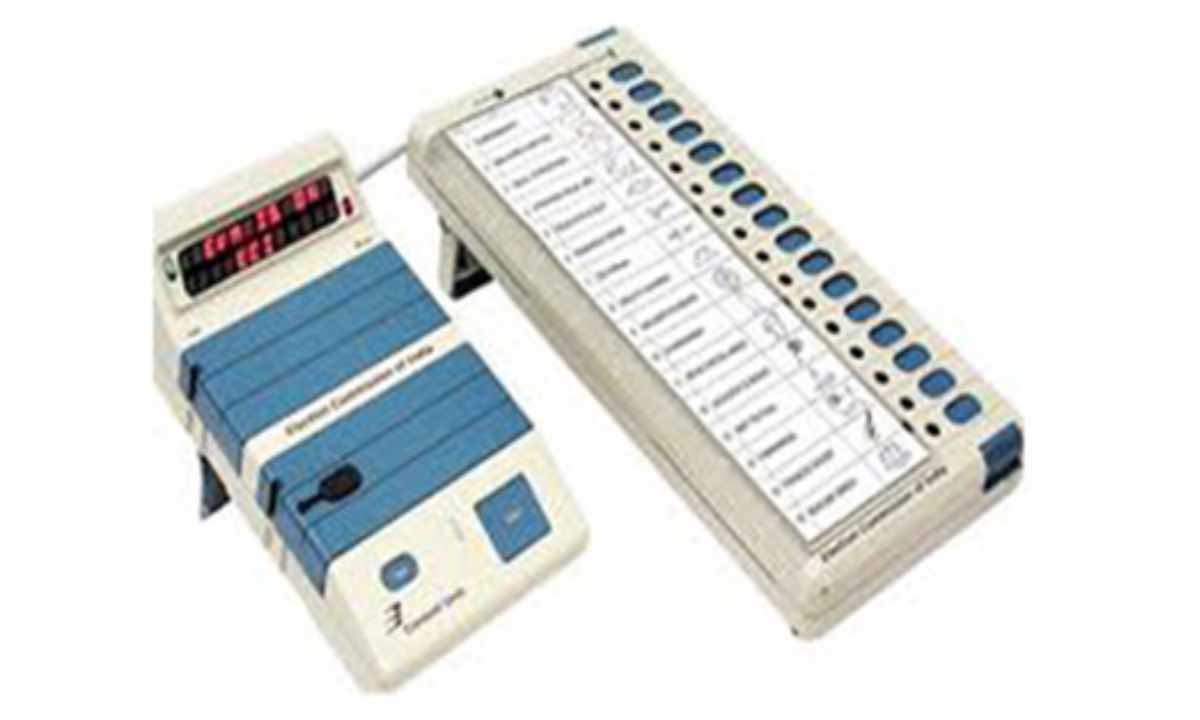
OR
Sajha Yatayat, a cooperative public transportation organization established in 1961 to provide efficient and affordable public transportation services to the people in Kathmandu Valley, evokes pleasant memories among all those who have used it. Sajha was timely and affordable, which is why when the people had to travel outside of the valley they would first choose Sajha over other services. And it ran pretty well until the mid 1980s. Then came the 1990s. Politicization, entered Sajha too, like in other public sectors, and coupled with mismanagement, Nepal’s exemplary public transportation system suffered its end. Therefore, when Sajha resumed its service eight years ago, there was a sense of excitement among commuters. In few years since its resumption of service, Sajha has become popular again. Sajha has set an example in Nepal’s public transportation sector. Few other private bus services have tried to emulate Sajha.
In partnership with the government, Sajha Yatayat was going to bring 300 electric buses. For that purpose, in July, the government had provided Rs 3 billion to Sajha Yatayat. That was the wise decision for electric buses are what Nepal needs at the moment given the rising level of emissions from fossil fuel-based vehicles. This is the right time to go electric also because for the last four years, load-shedding has become a history and with more hydro power projects coming into operation, Nepal is soon expected to generate surplus electricity. Now Sajha’s (also the government’s) goal of going electric appears to face the hurdles apparently because of the government’s own intervention. Ministry of Physical Infrastructure and Transport (MoPIT) has directed Sajha to halt purchase of electric vehicles accusing Sajha Yatayat of changing the specifications document provided by the government for procurement. Ministry officials claim Sajha Yatayat changed the specifications approved by the cabinet and therefore it has asked Sajha to temporarily halt the process. Sajha Yatayat denies this. It claims the government had provided a one-page document containing specifications for the electric buses and Sajha was told it was just a framework or guidelines and therefore it made only some adjustments to the specifications as per requirements, on the basis of past experience, experts’ advice, experience of other countries among others. Amid this claim and counter-claim, the prospect of the country having as many as 300 electric buses might be deferred, even missed. It should not.
Some suspect foul play because the procurement issue involves three billion rupees. Commission game, if at all, must not be allowed to take place. Needless to say, it has to be ensured that Sajha runs by the rules and that it provides the best possible service to the people. One grievance about Sajha has been that despite running in full capacity most of the times, the company is still in loss. Sajha needs to correct its shortcomings. Sajha is the success story of our times. It has emerged as the most reliable public transportation in Kathmandu, which is why there is a growing demand for expansion of its services outside the valley. Such transportation system should be allowed to innovate its services and needs a boost from the government. Let us ensure that Sajha runs well and becomes self-sustainable but we must allow it to rise.
You May Like This

Home Minister Thapa urges one and all to strictly follow traffic rules
KATHMANDU, Sept 22: Home Minister Ram Bahadur Thapa has urged one and all to strictly follow traffic rules. ... Read More...

Sajha Yatayat brings 20 more new city buses
KATHMANDU, April 4: Sajha Yatayat has added 20 new city buses in its fleet of buses operating in Kathmandu Valley.... Read More...

Sajha bringing 20 more buses to the Kathmandu Valley
LALITPUR, Oct 26: The Sajha Yatayat is adding 20 more buses to its fleet in the Kathmandu Valley. ... Read More...
Just In
- Special Court orders judicial custody for Sunil Paudel over illegal wealth acquisition charges
- District Court Rautahat sentences four individuals including Aftab Alam to life imprisonment
- Class 12 exam starts today with participation of over 390,000 candidates
- Weather expected to be partially cloudy in hilly areas, clear in remaining areas
- Navigating the Digital Diplomacy Divide: Balancing Tradition and Technology in Global Relations
- Youth attempts suicide amid police torture over Facebook comments against home minister
- Time to declare EVMs’ end
- World Malaria Day: Foreign returnees more susceptible to the vector-borne disease

















Leave A Comment